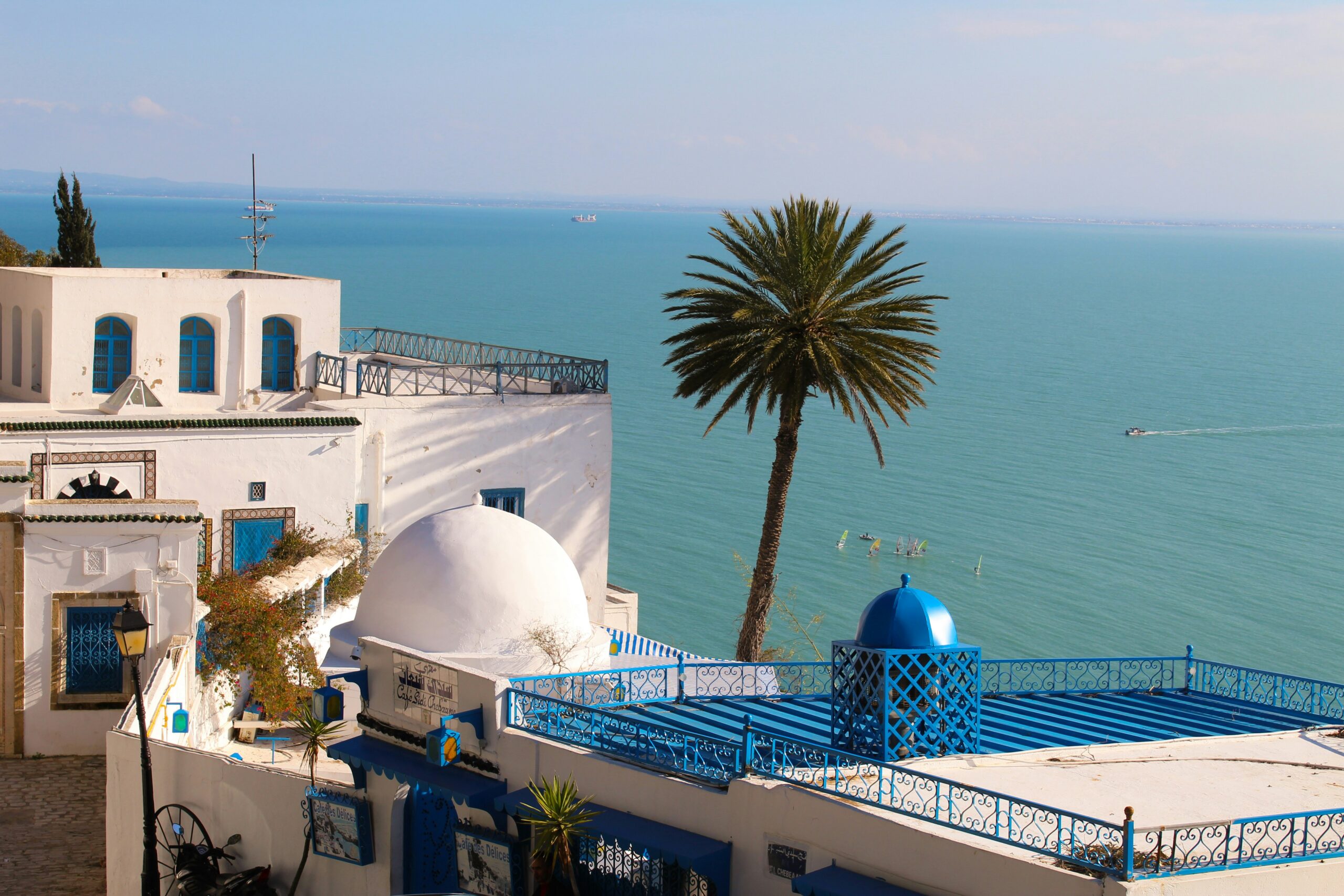Detention in Tunisia as Authorities Launch Wave of Arrests Against Critics
Recent developments in Tunisia have raised concerns as authorities have launched a wave of arrests against critics, leading to widespread detention of individuals expressing dissenting opinions. The crackdown on freedom of expression and political opposition has sparked outrage both domestically and internationally.
Background and Context
Tunisia, often hailed as the birthplace of the Arab Spring, has been navigating a challenging path towards democracy since the 2011 revolution that ousted long-time autocrat Zine El Abidine Ben Ali. While significant progress has been made, including the adoption of a new constitution and the holding of free elections, the country continues to grapple with political instability, economic challenges, and social unrest.
The recent arrests come amidst a backdrop of heightened tensions and polarisation within Tunisian society. The government has been facing criticism over its management of the COVID-19 pandemic, economic reforms, and alleged attempts to consolidate power. In this charged environment, the space for dissent and public criticism has increasingly come under threat.
The Wave of Arrests
In recent weeks, Tunisian authorities have carried out a series of arrests targeting individuals across different segments of society. Notably, these arrests have included political activists, bloggers, journalists, and human rights defenders. The individuals detained have been vocal in their criticism of the government and have used various platforms to express their dissenting views.
Among those arrested is a prominent journalist known for his investigative reporting and outspoken commentary on political affairs. His detention has sent shockwaves through the media community and has been condemned by press freedom advocates. Additionally, several political activists who have been vocal in their opposition to government policies have also been detained, raising concerns about the shrinking space for political pluralism in the country.
Furthermore, the arrests have extended to individuals expressing dissent online, with reports of social media users being targeted for their critical posts and comments. The use of cyber laws to silence online expression has added to the apprehension surrounding freedom of speech in the digital sphere.
International Response and Concerns
The wave of arrests in Tunisia has prompted a swift and strong response from the international community. Several countries, as well as international human rights organisations, have expressed deep concerns regarding the crackdown on dissent and the erosion of fundamental freedoms in the country.
The United Nations and the European Union have called for the immediate release of those detained and have urged the Tunisian authorities to uphold their human rights obligations. The condemnation of the arrests has been accompanied by appeals for the protection of freedom of expression, media freedom, and the right to peaceful assembly in Tunisia.
Furthermore, the arrests have sparked debates within diplomatic circles about the implications of these developments on Tunisia’s democratic trajectory and its international standing. Many fear that the erosion of civil liberties and the stifling of dissent could have far-reaching repercussions, both domestically and internationally.
Domestic Response and Civil Society Action
Within Tunisia, the arrests have galvanised civil society and opposition movements, leading to protests and calls for the release of the detained individuals. Human rights organisations and advocacy groups have been at the forefront of demanding respect for fundamental rights and the rule of law.
Additionally, the arrests have reignited debates about the balance between security concerns and the protection of civil liberties. The government’s justification for the arrests as necessary for maintaining public order and national security has been met with skepticism by many within the country, who view it as a pretext for suppressing dissent.
Civil society actors have underscored the importance of upholding the gains of the revolution, including the right to free expression and the independence of the media. The recent events have prompted soul-searching within Tunisian society about the future of its democratic aspirations and the need to safeguard hard-won freedoms.
Conclusion
The wave of arrests in Tunisia has underscored the fragility of democratic progress and the challenges facing the country as it navigates its post-revolutionary path. The crackdown on dissent has raised alarms about the state of fundamental rights and freedoms, prompting calls for accountability and respect for the rule of law.
As Tunisia grapples with internal divisions and external pressures, the need to protect the space for open dialogue, political pluralism, and civic engagement has become increasingly urgent. The events unfolding in the country have reverberations beyond its borders, serving as a reminder of the ongoing struggle for democracy and human rights in the region.


